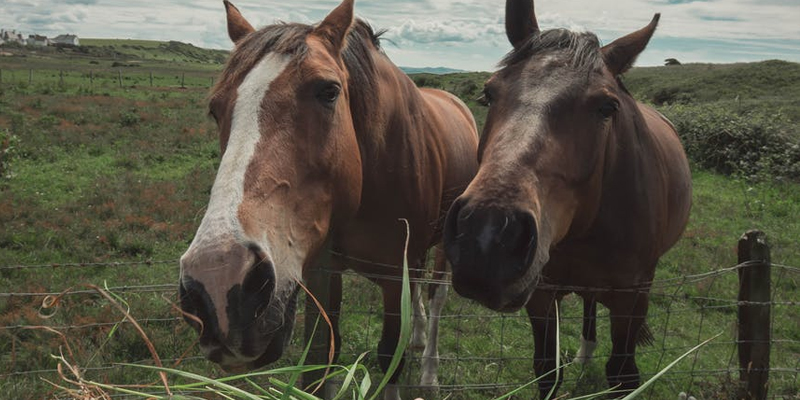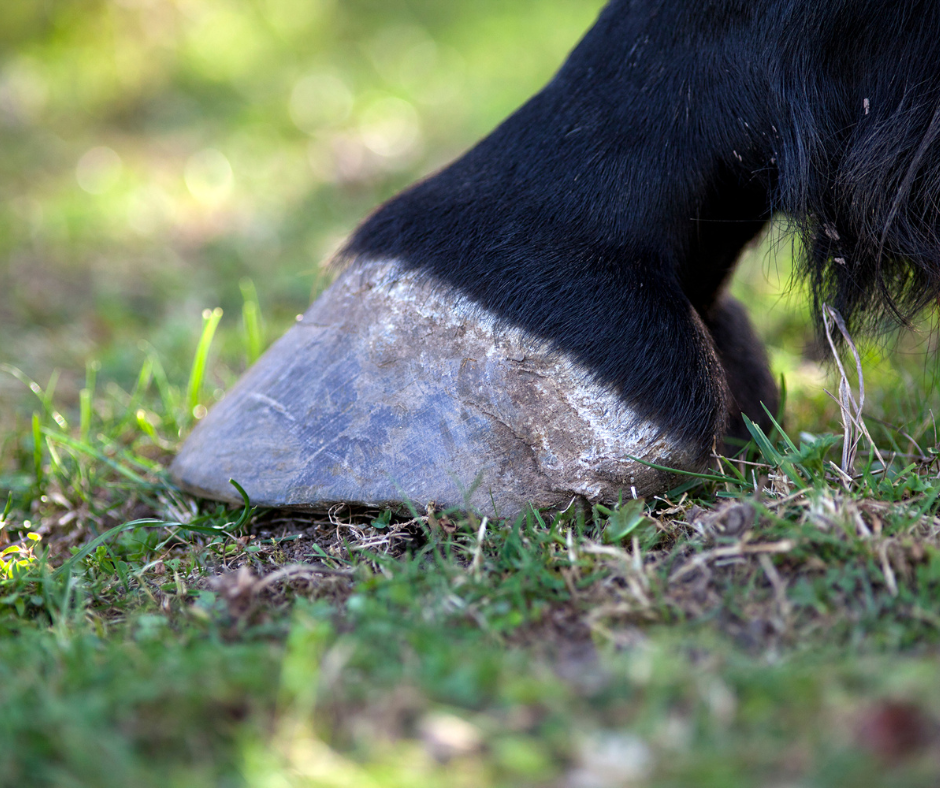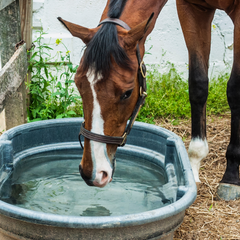Hydration Monitoring: Ensuring Adequate Water Intake for Your Horse

Maintaining proper hydration is crucial for the health and performance of your horse. This article explores the importance of hydration monitoring, signs of dehydration, methods to track water intake, and tips to encourage adequate drinking habits.
Why Hydration Matters for Horses

Water is essential for every physiological function in a horse’s body, including digestion, temperature regulation, and joint lubrication. Dehydration can lead to serious health issues such as colic, kidney problems, and decreased athletic performance.
Signs of Dehydration in Horses
- Dry gums and mucous membranes
- Sunken eyes
- Reduced skin elasticity (skin tent test)
- Lethargy or weakness
- Decreased urine output
Methods to Monitor Hydration
1. Visual and Physical Checks
Regularly observe your horse for the signs listed above. Perform the skin tent test by pinching the skin on the neck and noting how quickly it returns to normal.
2. Measuring Water Intake
Keep a daily log of the amount of water your horse drinks. This can be done by measuring water buckets or using automatic water meters.
3. Using Technology
Advanced hydration monitoring devices and wearable sensors can provide real-time data on your horse’s hydration status.
Factors Affecting Water Intake
- Weather conditions (hot, dry weather increases water needs)
- Exercise intensity and duration
- Diet (dry feed vs. fresh pasture)
- Health status (illness can reduce thirst)
Tips to Encourage Adequate Water Consumption
- Provide clean, fresh water at all times
- Use salt blocks to stimulate thirst
- Offer water at different temperatures
- Add flavor enhancers like apple juice or electrolytes
Sample Daily Hydration Log Table
| Date | Water Intake (Liters) | Notes |
|---|---|---|
| 2024-06-01 | 30 | Normal intake |
| 2024-06-02 | 25 | Hot day, increased drinking |
Frequently Asked Questions (FAQ)
Q1: How much water does a horse need daily?
A: On average, a horse drinks between 25 to 55 liters of water per day, depending on size, activity, and weather.
Q2: Can horses drink too much water?
A: While rare, excessive water intake can lead to water intoxication, but this is uncommon in healthy horses.
Q3: What are the best signs to detect dehydration early?
A: Skin elasticity, gum moisture, and alertness are reliable early indicators.
By closely monitoring your horse’s hydration and understanding the factors that influence water intake, you can help ensure your horse stays healthy and performs at its best.
